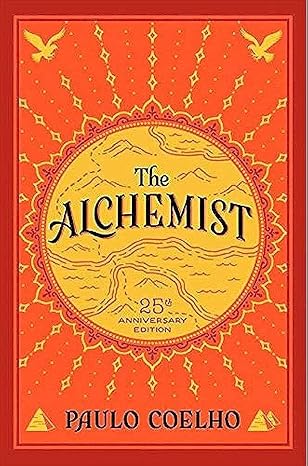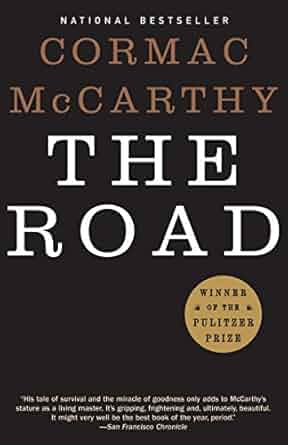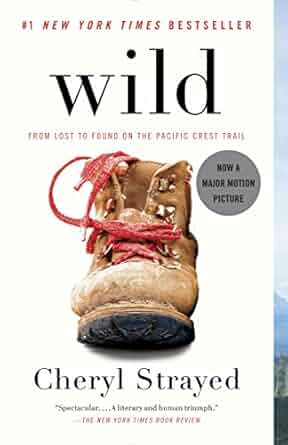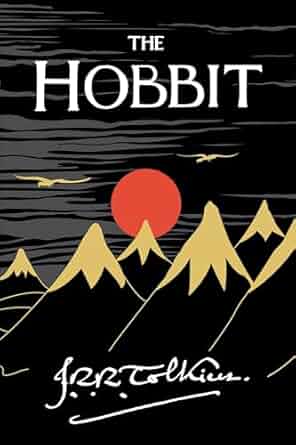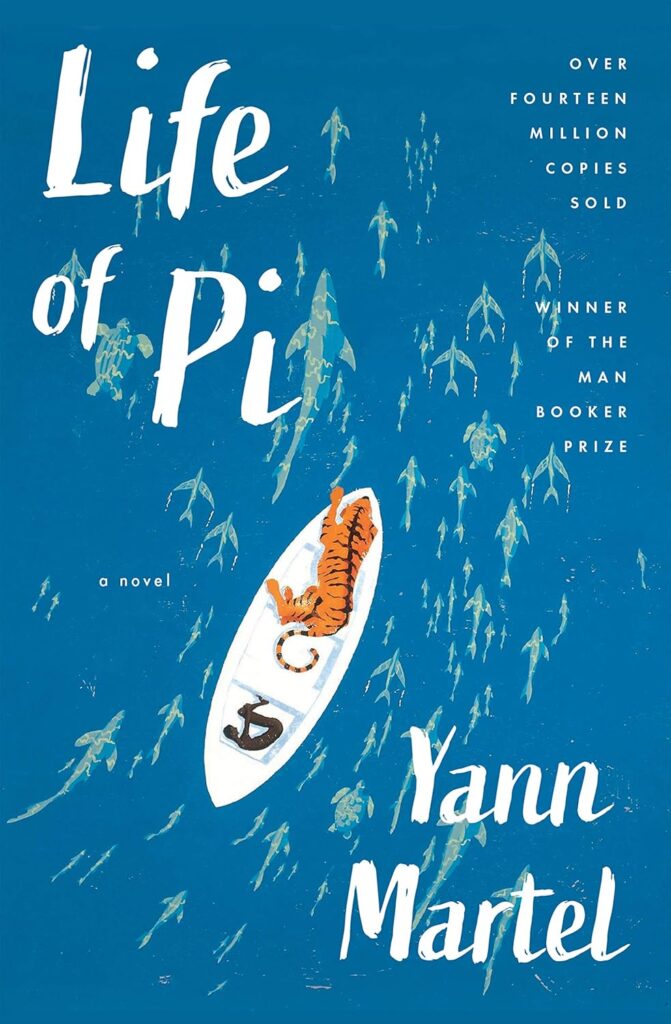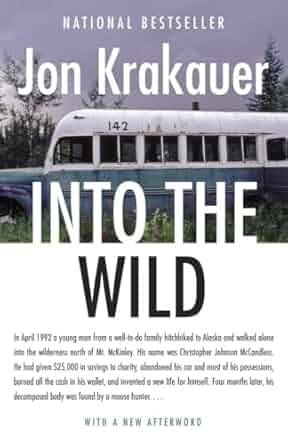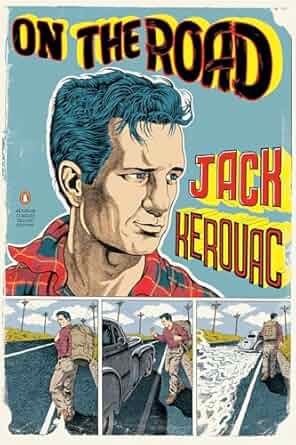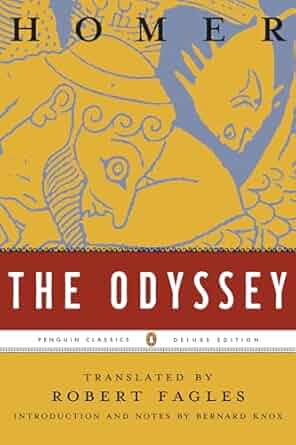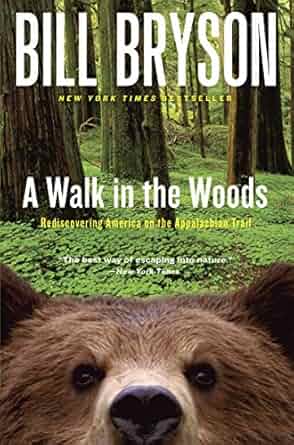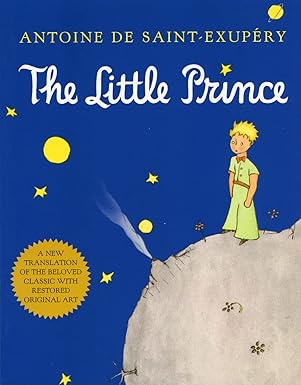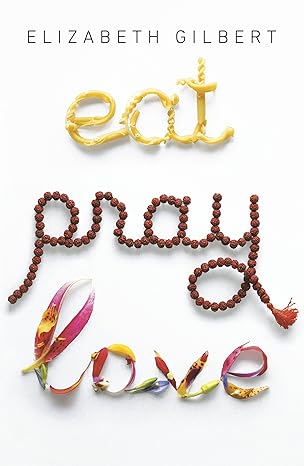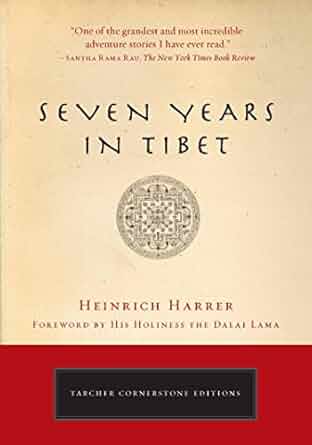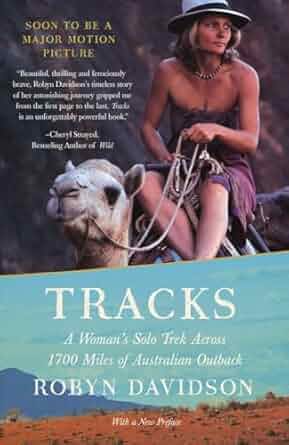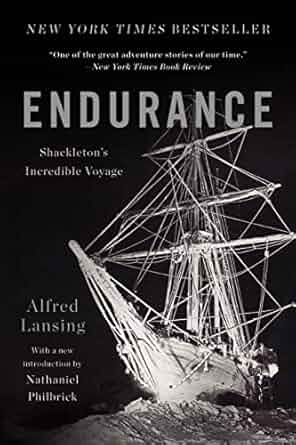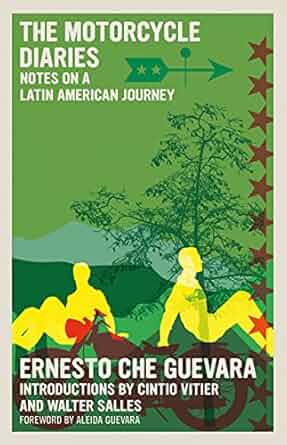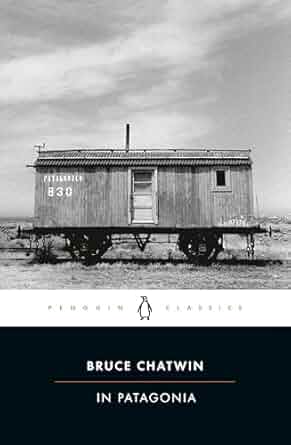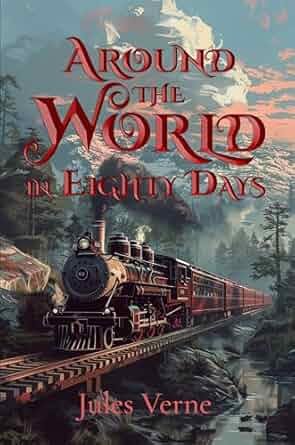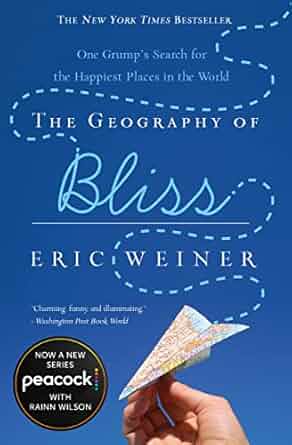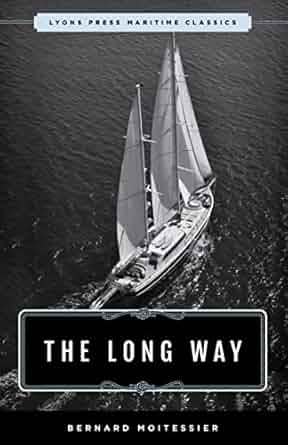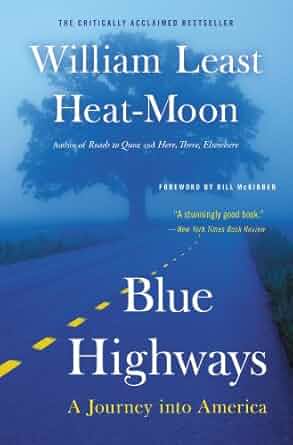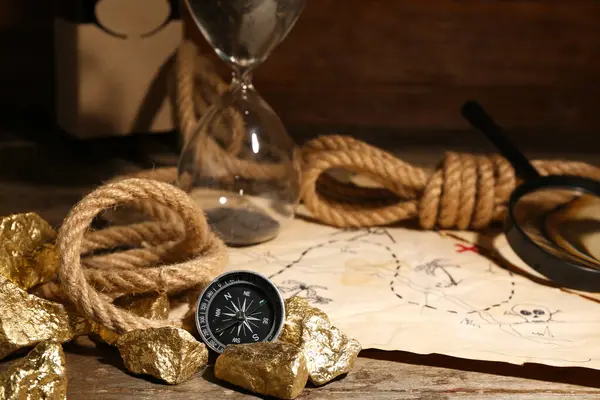Summary: In this article, I have compiled 20 books about journeys that will expand your horizons and challenge your perspective. Here are my top 3:
- The Alchemist by Paulo Coelho
- The Road by Cormac McCarthy
- Wild by Cheryl Strayed
Books about journeys invite us to explore distant lands, embrace adventure, and discover personal transformations. They remind us that true growth comes not just from reaching our destination, but from all we learn along the way.
TOP 20: Best Books About Journey
- The Alchemist by Paulo Coelho
- The Road by Cormac McCarthy
- Wild by Cheryl Strayed
- The Hobbit by J.R.R. Tolkien
- Life of Pi by Yann Martel
- Into the Wild by Jon Krakauer
- On the Road by Jack Kerouac
- The Odyssey by Homer
- A Walk in the Woods by Bill Bryson
- The Little Prince by Antoine de Saint-Exupéry
- Eat, Pray, Love by Elizabeth Gilbert
- Seven Years in Tibet by Heinrich Harrer
- Tracks by Robyn Davidson
- Endurance: Shackleton's Incredible Voyage by Alfred Lansing
- The Motorcycle Diaries by Ernesto “Che” Guevara
- In Patagonia by Bruce Chatwin
- Around the World in 80 Days by Jules Verne
- The Geography of Bliss by Eric Weiner
- The Long Way by Bernard Moitessier
- Blue Highways by William Least Heat-Moon
1. The Alchemist
- Author: Paulo Coelho
- About: A young shepherd’s quest for hidden treasure leads to spiritual discoveries.
- Style of writing: Allegorical, introspective
- Length: ~39,000 words
- Year written: 1988
- Emotional impact: Uplifting, reflective
- Difficulty level: Easy
- Why read it: Encourages self-discovery and following one’s personal legend.
2. The Road
- Author: Cormac McCarthy
- About: A father and son traveling through a post-apocalyptic wasteland.
- Style of writing: Sparse, bleak, haunting
- Length: ~58,000 words
- Year written: 2006
- Emotional impact: Deeply moving, somber yet hopeful
- Difficulty level: Medium (unconventional punctuation)
- Why read it: A powerful meditation on survival, love, and humanity.
3. Wild
- Author: Cheryl Strayed
- About: A memoir of hiking the Pacific Crest Trail to overcome personal turmoil.
- Style of writing: Candid, personal, reflective
- Length: ~114,000 words
- Year written: 2012
- Emotional impact: Empowering, intimate
- Difficulty level: Easy to Medium
- Why read it: Inspires self-reliance, healing, and personal growth.
4. The Hobbit
- Author: J.R.R. Tolkien
- About: Bilbo Baggins’ adventure with dwarves to reclaim treasure from a dragon.
- Style of writing: Whimsical, narrative fantasy
- Length: ~95,000 words
- Year written: 1937
- Emotional impact: Enchanting, adventurous
- Difficulty level: Medium
- Why read it: A seminal fantasy classic and prelude to The Lord of the Rings.
5. Life of Pi
- Author: Yann Martel
- About: A boy adrift on a lifeboat with a Bengal tiger, surviving against the odds.
- Style of writing: Philosophical, reflective
- Length: ~100,000 words
- Year written: 2001
- Emotional impact: Thought-provoking, uplifting
- Difficulty level: Medium
- Why read it: Explores faith, resilience, and the power of storytelling.
6. Into the Wild
- Author: Jon Krakauer
- About: The true story of Chris McCandless’s trek into the Alaskan wilderness.
- Style of writing: Investigative, narrative nonfiction
- Length: ~67,000 words
- Year written: 1996
- Emotional impact: Sobering, reflective
- Difficulty level: Easy to Medium
- Why read it: A cautionary yet inspiring tale of idealism, solitude, and nature.
7. On the Road
- Author: Jack Kerouac
- About: Sal Paradise and Dean Moriarty’s cross-country journeys in postwar America.
- Style of writing: Spontaneous prose, Beat Generation
- Length: ~120,000 words
- Year written: 1957
- Emotional impact: Energetic, introspective, rebellious
- Difficulty level: Medium
- Why read it: Iconic celebration of freedom, youth, and countercultural spirit.
8. The Odyssey
- Author: Homer
- About: Odysseus’s epic 10-year voyage home after the Trojan War.
- Style of writing: Epic poetry
- Length: ~110,000–120,000 words (in many translations)
- Year written: 8th century BCE (approx.)
- Emotional impact: Grand, timeless, heroic
- Difficulty level: Medium to Difficult (epic, older style)
- Why read it: A foundational work of Western literature exploring heroism and fate.
9. A Walk in the Woods
- Author: Bill Bryson
- About: Attempting to hike the Appalachian Trail and exploring American wilderness.
- Style of writing: Humorous, anecdotal travelogue
- Length: ~98,000 words
- Year written: 1998
- Emotional impact: Entertaining, informative
- Difficulty level: Easy
- Why read it: Blends humor, history, and nature for a lighthearted adventure.
10. The Little Prince
- Author: Antoine de Saint-Exupéry
- About: A stranded pilot meets a mysterious prince who has traveled across planets.
- Style of writing: Fable-like, philosophical
- Length: ~16,000 words
- Year written: 1943
- Emotional impact: Whimsical yet profoundly touching
- Difficulty level: Easy
- Why read it: Offers timeless lessons on friendship, love, and responsibility.
11. Eat, Pray, Love
- Author: Elizabeth Gilbert
- About: A woman’s journey through Italy, India, and Indonesia seeking fulfillment.
- Style of writing: Personal memoir
- Length: ~128,000 words
- Year written: 2006
- Emotional impact: Self-reflective, uplifting
- Difficulty level: Easy
- Why read it: A popular exploration of self-discovery, cultural immersion, and healing.
12. Seven Years in Tibet
- Author: Heinrich Harrer
- About: An Austrian mountaineer’s experiences living in Tibet during WWII.
- Style of writing: Travel memoir, historical account
- Length: ~90,000 words
- Year written: 1952
- Emotional impact: Enlightening, culturally immersive
- Difficulty level: Medium
- Why read it: A rare glimpse into traditional Tibetan life before major political changes.
13. Tracks
- Author: Robyn Davidson
- About: A woman’s 1,700-mile solo trek across the Australian Outback.
- Style of writing: Memoir, travel writing
- Length: ~87,000 words
- Year written: 1980
- Emotional impact: Empowering, introspective
- Difficulty level: Easy to Medium
- Why read it: Inspires independence, highlighting human connection with nature.
14. Endurance: Shackleton’s Incredible Voyage
- Author: Alfred Lansing
- About: Ernest Shackleton’s ill-fated 1914 Antarctic expedition and survival saga.
- Style of writing: Narrative nonfiction
- Length: ~100,000 words
- Year written: 1959
- Emotional impact: Gripping, inspirational
- Difficulty level: Medium
- Why read it: Showcases extraordinary leadership, perseverance, and resilience.
15. The Motorcycle Diaries
- Author: Ernesto “Che” Guevara
- About: Young Guevara’s formative motorcycle trip across South America.
- Style of writing: Personal diary, memoir
- Length: ~45,000 words
- Year written: Journey in 1952; published posthumously (1993)
- Emotional impact: Reflective, eye-opening
- Difficulty level: Easy to Medium
- Why read it: Offers insight into the social and political awakenings of a future revolutionary.
16. In Patagonia
- Author: Bruce Chatwin
- About: Chatwin’s travels and historical investigations in Patagonia.
- Style of writing: Travel writing, anecdotal, sometimes fragmented
- Length: ~80,000 words
- Year written: 1977
- Emotional impact: Intriguing, contemplative
- Difficulty level: Medium
- Why read it: A unique, atmospheric exploration of one of the world’s remotest regions.
17. Around the World in 80 Days
- Author: Jules Verne
- About: Phileas Fogg’s race to circle the globe in 80 days.
- Style of writing: Classic adventure novel
- Length: ~67,000 words
- Year written: 1872
- Emotional impact: Entertaining, light-hearted
- Difficulty level: Easy to Medium
- Why read it: A pioneering, imaginative tale of global travel and resourcefulness.
18. The Geography of Bliss
- Author: Eric Weiner
- About: A journalist’s quest to find the happiest places on Earth.
- Style of writing: Humorous travelogue, social commentary
- Length: ~102,000 words
- Year written: 2008
- Emotional impact: Amusing, thought-provoking
- Difficulty level: Easy
- Why read it: Explores cultural perspectives on happiness and what makes life fulfilling.
19. The Long Way
- Author: Bernard Moitessier
- About: A solo, nonstop sailing voyage around the world in a race.
- Style of writing: Sailing memoir, introspective
- Length: ~85,000 words
- Year written: 1971
- Emotional impact: Contemplative, inspiring
- Difficulty level: Medium
- Why read it: Reveals the mental and spiritual challenges of long-term solo navigation.
20. Blue Highways
- Author: William Least Heat-Moon
- About: A road trip across America’s backroads and lesser-known towns.
- Style of writing: Reflective travel narrative
- Length: ~140,000 words
- Year written: 1982
- Emotional impact: Folksy, introspective
- Difficulty level: Medium
- Why read it: Celebrates the richness of small-town America and the art of slow travel.
Conclusion
In my view, The Alchemist, The Road, and Wild truly stand out for their lasting impact and universal themes. I believe these stories show us that every quest—whether it’s spiritual, physical, or emotional—offers lessons that help us grow and face our fears. If you’re after mystical self-discovery, post-apocalyptic survival, or personal healing in nature, these three books highlight that it’s the journey, not just the destination, that truly matters.

